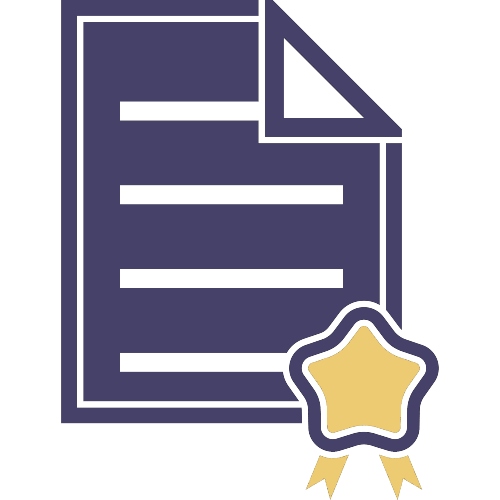Gambling License Cost Nj
The cost of a New Jersey Gaming/Gambling License depends on a company's industry, geographic service regions and possibly other factors. At LicenseSuite, we offer affordable New Jersey gaming/gambling license compliance solutions that include a comprehensive overview of your licensing requirements.
New Jersey
If gambling is causing a problem in your life we encourage you to ask questions, gather information and conduct research on the type of help that is most appropriate for your situation. This information is intended to be a starting point—it is not a complete list of information or services.
- The registration of the gambling company and obtaining a license will cost no less than € 813,050. The cost to obtain an New Jersey Gambling License varies according to numbers of founders. Once your corporate entities are set up, we can provide all the ongoing professional support needed to keep them in good standing.
- Gambling in New Jersey includes casino gambling in Atlantic City, the New Jersey Lottery, horse racing, off-track betting, charity gambling, amusement games, and social gambling. New Jersey's gambling laws are among the least restrictive in the United States. In 2013, the state began to allow in-state online gambling.
FIND HELP IN YOUR STATE NOW, including counseling, treatment, self-help and support groups:
National Problem Gambling Helpline
Call: 1-800-522-4700
Text: 1-800-522-4700
Chat: ncpgambling.org/chat
and
Council on Compulsive Gambling of New Jersey
3635 Quakerbridge Rd., Suite 7
Hamilton, NJ 08619
Tel: 609.588.5515
Fax: 609.588.5665
Email: neva@800gambler.org
Website: www.800gambler.org
Helpline: 1.800.GAMBLER (246.2537)
OTHER STATE RESOURCES
• New Jersey Department of Human Services is responsible for general health and/or addiction services in this state, and may also have information on problem gambling.
• For the fact sheet on gambling and problem gambling in New Jersey, click here.
Self Help Resources
• Gamblers Anonymous (www.gamblersanonymous.org)
Is fellowship of men and women who share their experience, strength and hope with each other that they may solve their common problem and help others to recover from a gambling problem.
• Gam-Anon (www.gam-anon.org)
Is a self-help organization for the spouse, family or close friends of compulsive gamblers.
• GamTalk (www.gamtalk.org)
Is a 24/7 moderated online peer support forum.
SCREENING TOOLS
Please visit our Screening Tools page to access three problem gambling assessment tools. It is important to note that these screens are not a diagnosis and DO NOT replace a face-to-face evaluation with a trained clinical professional.
• The Brief Biosocial Gambling Screen (BBGS). A 3-item survey designed to help people decide on their own whether to seek a formal evaluation of their gambling behavior.
• DSM-5 Addictive Gambling Criteria. The American Psychiatric Association guidelines used for the medical diagnosis of addictive gambling.
• NORC Diagnostic Screen for Gambling Problems. This simple self test will help you to evaluate your gambling behavior. Just answer 10 questions adapted from the DSM IV criteria.
OTHER TREATMENT RESOURCES

• Certified Gambling Counselor Directory
• Treatment Facility List
ADDITIONAL RESOURCES
In addition to the resources listed above, there are many additional resources for problem gamblers throughout the National Council on Problem Gambling site.
Gaming License In Nj

• Resources page pulls together information and links about our State Affiliates, U.S. and international resources, awareness promotion, state problem gambling services, financial issues, and much more.
Gambling License Price
• Celebrate & Inspire – In order to get beyond the statistics and provide a more personal and individual picture of this issue, this section features the stories of individuals who have been affected by problem gambling, including problem gamblers and their family members, friends, colleagues and employers; treatment providers; advocates; and any others.